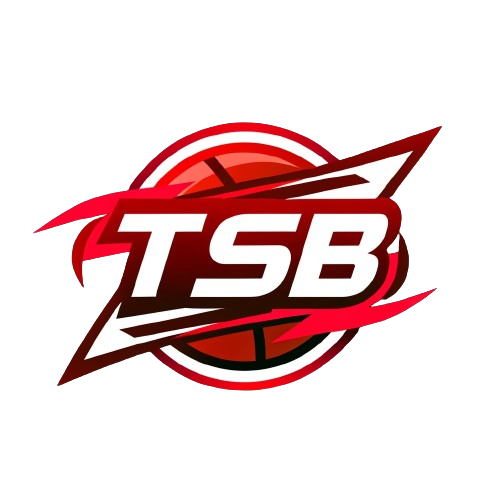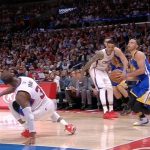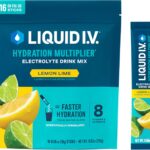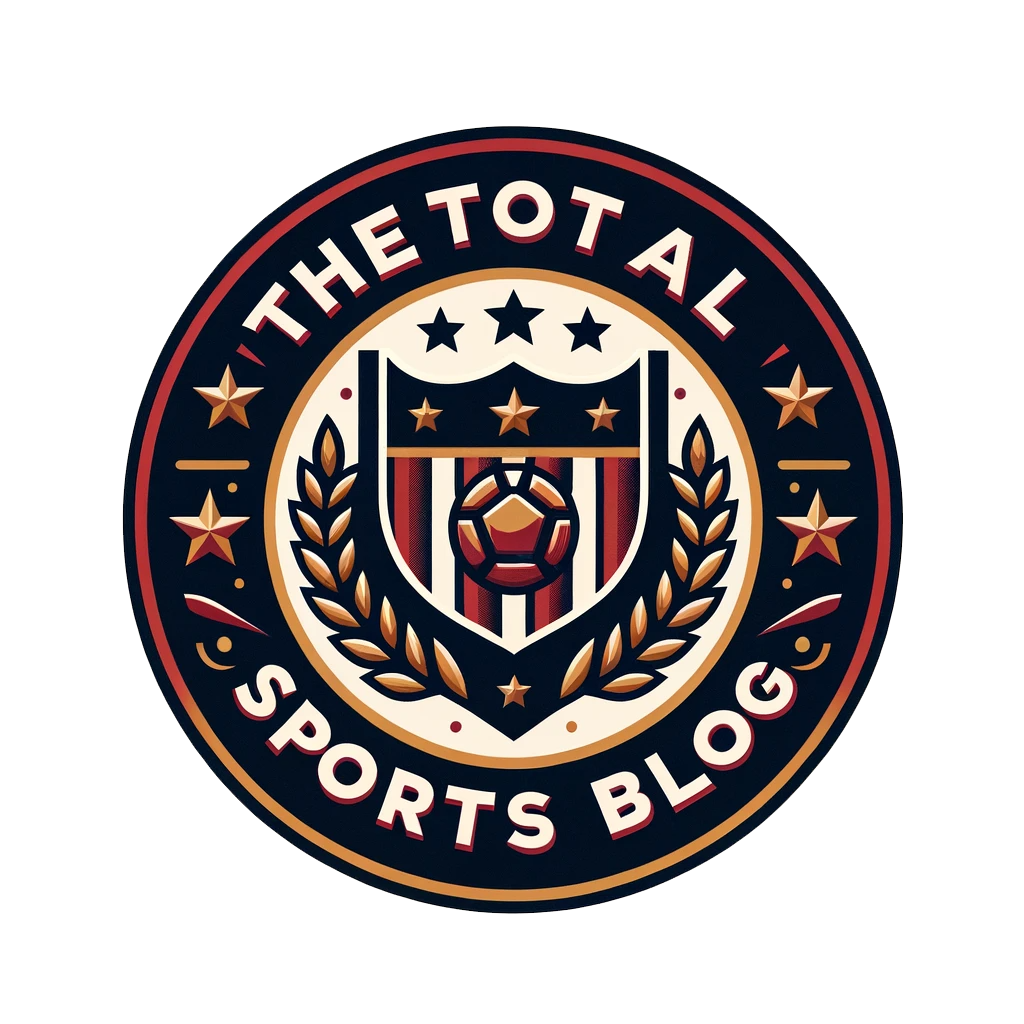Imagine the ballpark on a perfect sunny afternoon in mid-April. Fans stuffed into their chairs like sardines in a can, ready to erupt with the mighty swing of the bat. Then you hear that beautiful noise; the perfect crack of a bat when it smacks the ball just right. The runner is off with a shot in the gap. As he rounds second and digs for three you hear a second loud pop, see the player clutch a knee, and disappear in a crowd of concerned medical staffers.
- Advertisement -
Americans love the competition and intensity involved in sports, but there is nothing worse than when everything comes crashing down with an injury. However, in typical American spirit, athletes push through. They line up surgeries and physical therapists in hopes that one day their game will return to where it once was.
Dealing with an injury is a delicate thing. One of the most popular mistakes made with sports injuries is attempting to recover too quickly. This can result in the injury not healing properly, as well as other issues if you aren’t careful. The introduction of painkillers and other drugs into the healing process can have adverse effects on some athletes trying to get back into playing shape. One thing to remember; there are differences in the ways that casual athletes should come back from injury versus how professionals come back from injuries.
- Advertisement -
Don’t Push It
The first mistake that many athletes typically make when trying to come back from an injury is not allowing enough time for the ailment to recover completely. It is important to listen to the opinion of the doctors in these situations so you are aware of what exercises, and how much of those exercises, will help you recover the fastest. Yes, doctors can give bad advice, but you’re much safer using the expertise of someone that went to medical school than your own.
- Advertisement -
Your doctor may prescribe some painkillers to you, but pushing the knee to recover too quickly can offset the effects of those painkillers and even make them work against you. Make sure you follow the orders of the doctor. If your doctor says you should take some more time, take some more time.
Go Easy With the Pills
It is in our nature to get back on the field as fast as we possibly can. However, it is this attitude that sends many athletes spiraling into a world of drug abuse and addiction. While heavy painkillers that are prescribed for things like knee injuries succeed in killing the pain, it can trick the users of the drug into taking more than they need.
The biggest issue here is America’s culture of sports which many times overvalues things like competitiveness. Regardless of how much pain the athlete is experiencing, many are all too willing to continue taking drugs to combat the pain and get back on the field, as opposed to letting the injury heal all the way.
While athletes face the dangers of drug addiction and abuse from painkillers, they also face dangers of abusing stimulant drugs. Not only can a grizzly injury leave you with intense pain to kill, but it can also affect how mentally prepared for the game an athlete is. For those who may not be as confident in their physical health or are afraid to get hit again following the injury, it can be an attractive option to use stimulants to increase focus or mood prior to a game. Just like painkillers, stimulants can have long-term effects if they are not taken correctly. Before taking prescribed medication for an injury, it is highly important to educate yourself on prescription drug addiction.
Don’t hurt your chances early
For professional athletes, the temptation to rush recovery to get back on the field is amplified by the nature of professional sports; allegiance and duty to teammates and fans, and the massive amounts of money they make for playing. In addition, they are adults. They are allowed make the decision to come back before they are physically or mentally ready.
For high school, college, or semi-pro athletes, the urgent desire to feel like or play like a professional athlete can lead to questionable decisions. It is especially important during youth ages to make sure that all injuries are allowed to recover completely. Not recovering fully before playing can cause more damage as you continue your athletic career. Finally, the earlier you start using prescription medication to numb pain, instead of finding out what is medically wrong and fixing it at the source, the more vulnerable to abuse and addiction you will be.







